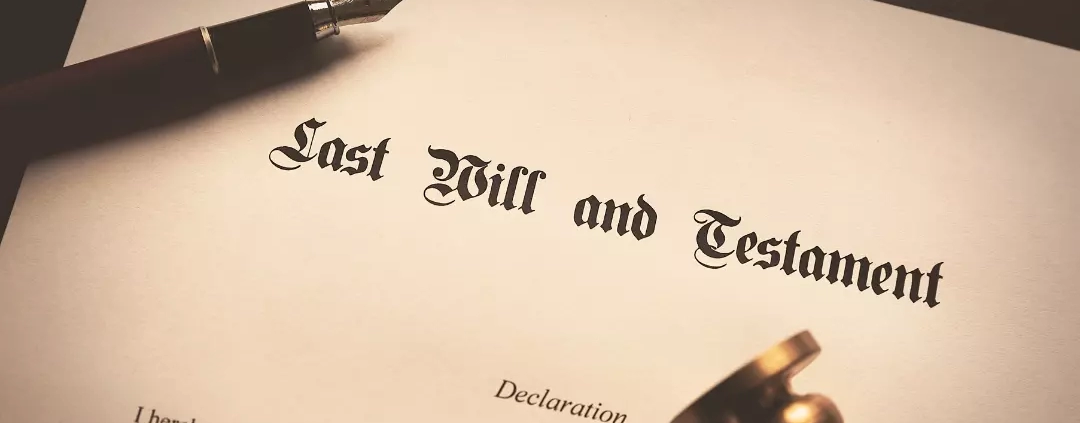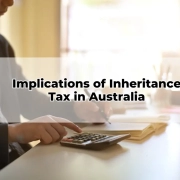Responsibilities of the executor of a will
Table of Contents
ToggleIf you’re considering taking on the role of an executor for a will, this article is a must-read. It outlines the responsibilities of the executor of a will and helps you understand what to consider before taking on such an important role.
The death of a loved one can be a traumatic and difficult experience. It’s not just the emotional turmoil that family members have to work through, but also the practical aspects of managing your relative’s estate which can be daunting and time-consuming. One important role in this context is that of an executor – essentially someone appointed by the individual who has passed away to manage their estate according to their final wishes. If you’ve been asked or are thinking about becoming an executor, it’s helpful to understand what responsibilities you may be taking on before making any decisions.
This blog post will outline some key considerations for anyone considering assuming such a duty.
What is an executor in a will?
When it comes to estate planning, an executor is a key component. An executor is an individual who is chosen by the deceased to settle their affairs after death. The individual must be named in the will and is responsible for ensuring that all of the tasks required by the will are completed. Executors play a crucial role in ensuring that a person’s wishes are carried out correctly, making them an essential part of any estate plan.
Duties and responsibilities of the executor of a will
An executor is the person appointed to carry out the wishes of a person after they have passed away. This is done by administering their estate according to the instructions in their Will. The duties and responsibilities undertaken by an Executor involve:
- Arranging a funeral;
- Collecting and protecting the assets as described in the Will;
- Filing tax returns for the estate and deceased;
- Paying any outstanding bills or debts;
- Ensuring all liabilities have been cleared before completing the administration of the estate;
- Announcing intentions to distribute remaining assets; and
- Distributing these assets to beneficiaries once probate (court approval) has been granted.
It is important to remember that an executor must adhere strictly to the instructions given in an individual’s will when carrying out their role. Executors are held personally responsible if a mistake is made in carrying out their duties and therefore should seek professional advice prior to taking on the role.

Pros of becoming the executor of a will
Serving as the executor of a will is a big responsibility and requires dedication and patience. It often requires significant time and knowledge of estate planning, as well as the intricacies of local probate laws. State laws also regulate fees executors can collect, ensuring beneficiaries receive their intended portion of any estate they are due. Despite these obligations, there are several positive aspects to assuming the executor role.
- Being an executor gives you access to see how a well-crafted will can benefit those who are named in it and be a part of this process for family or friends who want things done in a certain way.
- You can also gain valuable experience related to estate law that could be beneficial for your own future plans or passed on to others.
- Ultimately, it is an action taken out of care for those in your life and carries many possible rewards.
Cons of becoming the executor of a will
Taking on the responsibility of becoming an executor of a will can be overwhelming and time consuming.
- It involves navigating through a lot of paperwork, filing court documents, and sorting out financial obligations.
- There could be disagreements among family members about how to distribute assets or challenges in carrying out the wishes of the deceased.
- Being an executor can take months or even years depending on the complexity of the estate.
- It carries with it a heavy burden and any missteps along the way can impact your reputation as well as personal relationships.
Given these items to consider, it is important to think seriously before deciding if becoming an executor is right for you.

To be or not to be the executor of a will
Deciding whether to be the executor of a will can be a difficult choice. It does come with certain advantages, such as being able to express your love for the deceased by carrying out their final wishes, but it involves a lot of responsibility and financial burden.
Before taking on the position you must consider your level of comfort in managing an estate. Are you prepared to spend countless hours administering assets and dealing with creditor claims? It’s essential that you understand all the duties and responsibilities of the executor of a will before making a decision that could have legal ramifications. Discussing your options with a trusted financial advisor or lawyer can help make it easier to weigh the pros and cons of becoming the executor of a will.
However, if you determine that you are unable to carry out the responsibilities of being an executor, it may be better to decline the offer after taking all factors into account. Alternatively, you can propose that your friend or relative enlist the services of a professional executor, such as a trustee company or solicitors, if you are uncertain about declining. This will guarantee that the executor is not already deceased at the time of the will-maker’s passing.
It’s important to note that estate laws differ in various Australian states and territories. Seeking advice from an estate planning solicitor with expertise in this area could be beneficial.

From an overall perspective, an executor is a crucial position and requires someone who is knowledgeable and familiar with the complexities of estate planning. An executor should take this appointment seriously as they act as trustful guardians over how the deceased has chosen their property and assets to be handled. Taking these steps will guarantee that the deceased’s wishes are followed accurately and respected accordingly.









